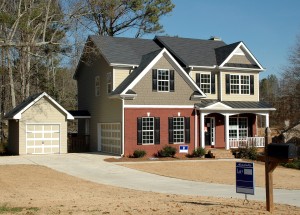 Understanding Statutes in Colorado for Design Professionals
Understanding Statutes in Colorado for Design Professionals
The construction defect statutes are defined as follows:
The statute of limitations operates to bar claims when a period of time has passed after the claim has arisen or an injury has resulted. The statute of limitations for claims concerning construction defects is two years after the claimant knew or should have known about a “physical manifestation” of the alleged defect. (A different statute of limitations applies to claims based upon potential third-party liability.)
The statute of repose imposes an absolute bar on claims after a set period of time, regardless of whether the claim has arisen or an injury has resulted. The statute of repose imposes an absolute bar on claims after six to eight years (depending on when the claim arises) after substantial completion of the construction.
Each of these statutes can be tolled (i.e., the clock will stop running) under certain circumstances. In order to make this determination, it is appropriate to retain legal counsel.
Once time expires on whichever statute is applicable to a claim against a construction professional, that claim is barred.
At the beginning of 2017 there was a ruling in the Colorado Supreme Court that changes the statutes. Please see the attached link for the changes to law.
This ruling by the Supreme Court will result in architects and engineers’ having the potential of being sued after the statute of repose has run out.
Please be sure to speak to your associations, attorneys, and insurance companies on the best way to deal with these types of claims in your design firm. Also your PUI Agent is here to help with any additional questions with regards to statutes.
